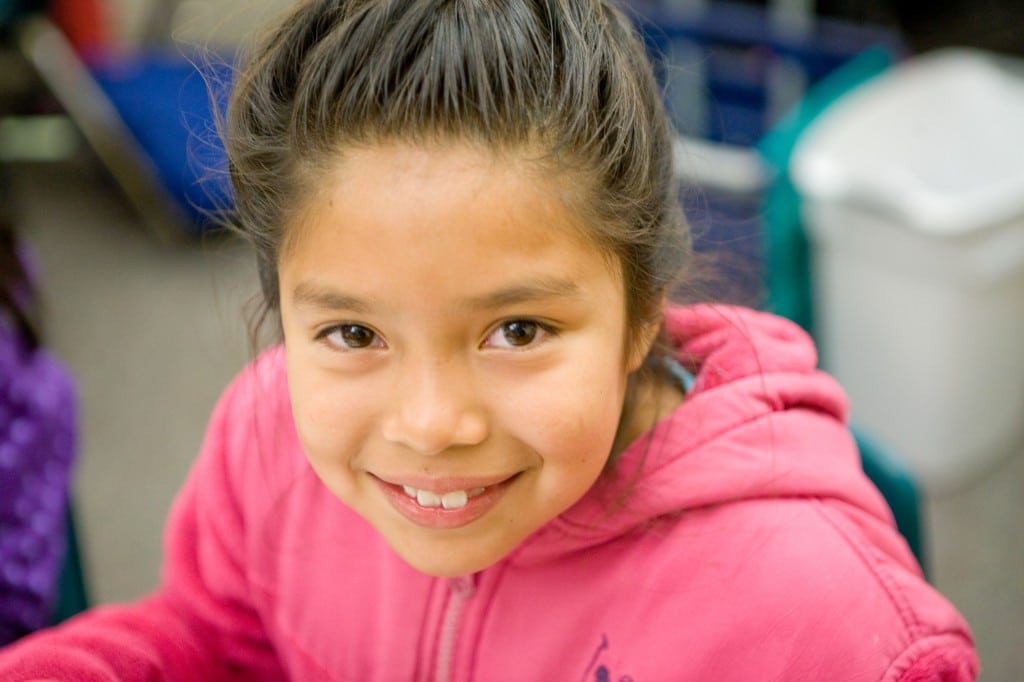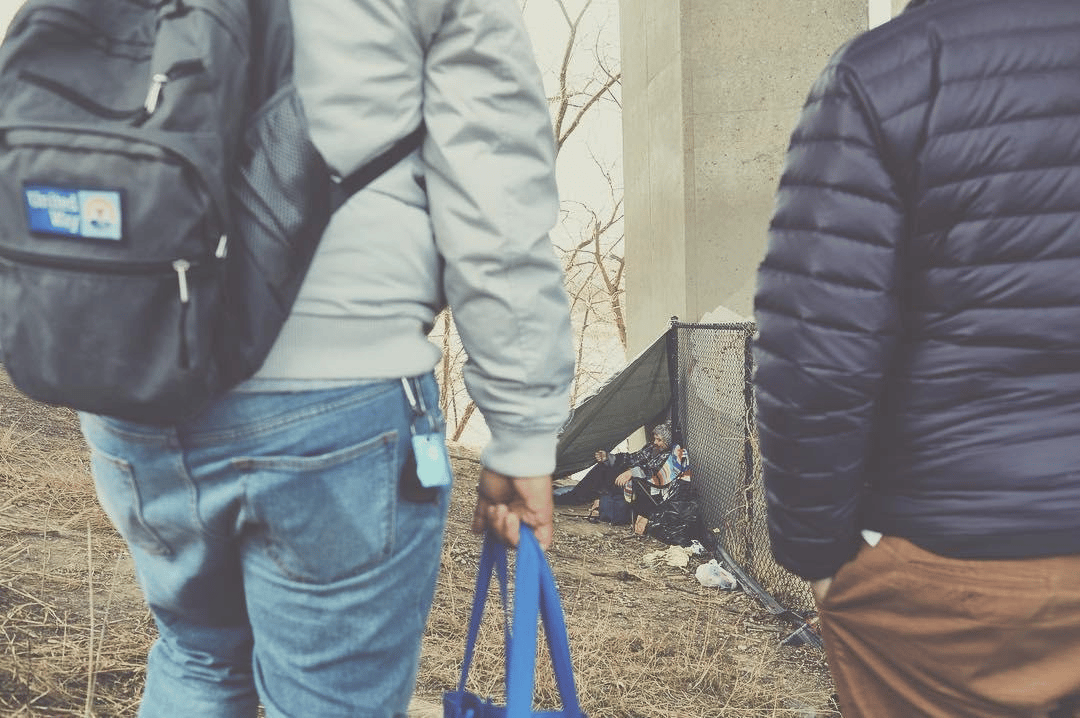BY SAM WATERSTONE | July 21, 2021
Behavioral health is the connection between a person’s behaviors and the health and well-being of the body and mind, according to the Centers for Disease Control. There are many foundational factors that play a role in cultivating behavioral health, including needs that go beyond participating in traditional counseling or therapy.
“Behavioral health goes from substance use disorder all the way to therapy, but there is a huge range. The definition of behavioral health is interesting and important to understand,” said Jenny Bruell, the Santa Barbara Foundation’s (SBF) Community Grants Program Manager.

That is why agencies like Fighting Back Santa Maria Valley (FBSMV), a nonprofit that serves children, parents, and Transitional-Aged Youth (aged 18-24) in northern Santa Barbara County, are addressing behavioral health needs by providing comprehensive, wraparound services to ensure the long-term well-being of their clients.
FBSMV has a wide range of programs, including services focused on youth homelessness and housing, support for students in foster care, school attendance and engagement, parenting and family relationship classes, drug, alcohol, and tobacco prevention, and Community Resilience Model trainings.
Housing Homeless Youth
One group that is particularly vulnerable and in need of support is Santa Maria’s homeless teens and young adults. FBSMV serves as the primary direct service provider working with Transitional Age Youth (TAY) in the Santa Maria Valley, and their street outreach program is making a big difference in supporting mental and physical health for these traumatized youth.

In July 2020, FBSMV opened the Resilience House, the first supportive housing program specific to homeless TAY in the Santa Maria Valley. The first young man to move into the house grew up without a home, had been in an out of foster care, and was living in the Santa Maria riverbed prior to being housed. The Resilience House became the first stable home he has ever had.
“We purchased the house last year and were able to house four people ourselves. Overall, we got 57 Transitional Age Youth successfully housed during that period, which is huge,” described Edwin Weaver, FBSMV’s Executive Director.
Of the 94 individuals engaged through the Homeless TAY Program, 44 percent report facing mental health needs, 52 percent have a history of trauma or violence, and 30 percent have problems with alcohol or drug abuse, although the FBSMV team believes this data is underreported.
“Stable housing is such a key component of behavioral health – if they don’t have that, they’re going to be back out on the streets and can’t focus on all the other aspects of their health,” said Bruell.
Fighting Back partners with many local agencies to reach vulnerable populations more effectively. For example, the agency works in collaboration with Pacific Pride Foundation, combining efforts and resources to better serve the large number of homeless youth that identify as part of the LGBTQ community.
Trainings Create “Big Ripple Effect” For Our Youth
In addition to their homeless outreach, FBSMV’s emphasis on behavioral health prevention and early intervention programs, such as the Community Resiliency Model (CRM) training, has a major impact on the lives of many young Santa Barbara County residents.
CRM trains community members to not only help themselves, but to help others within their wider social network. The training program educates participants about the biology and neurophysiology of trauma and stress, while teaching simple, biologically-based wellness skills. FBSMV provides these trainings to teachers, nurses, counselors and other service providers, police officers, children, young adults, and parents.
Bruell, who participated in a FBSMV training as a member of the California HOPE 805 team, believes that the model is an important community resource.
“It was a two-day training, and it was amazing,” recalls Bruell. “It really helped our HOPE 805 lay staff work with community members. Some of the trainings they are doing for nonprofit staff are going to have a big ripple effect for our youth. If you teach people these skills, it’s like psychological first aid – you can potentially mitigate a lot of serious mental health issues down the road.”
The Santa Barbara Foundation awarded FBSMV with a COVID-19 Response Grant in April 2020, and a Behavioral Health Grant in July 2021, and is proud to support the organization’s work to address youth behavioral health in the Santa Maria Valley.
To learn more about Fighting Back Santa Maria Valley and their goal of “fighting for our future, one kid at a time,” visit: www.fbsmv.com.